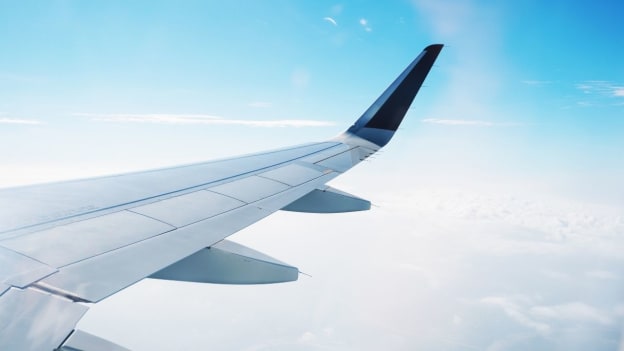Why does this profession have only 5.26% women globally?

Women make up only 5.26% of the global pilot workforce - less than 10,000 female airline pilots in total. It's one of the least gender-diverse high-paying professions in the world, worse even than some tech and engineering-related roles. But why is this the case?
For a start, there are massive problems with sexism in pilot training, according to a new joint report by the Royal Aeronautical Society (RAeS) and the University of the West of England (UWE Bristol). In a study of pilots worldwide, the researchers highlighted that the overwhelming majority of training departments are male-dominated, and that a culture of open sexism and harassment towards women exists right from the first stages of training - made worse by an 'old boys' network' that actively shuts women out of the profession. There are few to none female trainers, meaning that women entering the profession do not have role models, mentors, or even supporters. And because the 'vast majority' of airlines and training organisations do not allow pilot trainers to work part-time, the likelihood of attracting more female trainers is low.
The report focuses specifically on problems with the lack of diversity in training departments, because training departments are the first point of contact for new entrants to the profession - and also have regular contacts with pilots throughout their careers. It states:
Trainers have the power to shape pilots’ experiences and are pivotal if the industry is to become more diverse and inclusive.
But the experiences being shaped for female pilots today are bad ones, according to the report, which found 'systematic sexual harassment and bullying towards women trainees'. Over 80% of female commercial pilots surveyed about their training reported negative experiences revolving around sexual harassment and sexist bullying, ranging from constant derogatory comments, to outright physical abuse.
The report's authors have urgently recommended the introduction of mandatory gender diversity awareness training and professional standards training, to be delivered by a third-party expert from outside the airline industry, and to increase awareness of channels for reporting sexual harassment - especially among trainee pilots. In addition, the report recommends reviewing the industry practice of only allowing trainers to work full-time, so as to open the training roles to more women who can become future role models and mentors.
One of the authors, current airline pilot and Royal Aeronautical Society fellow Captain Marnie Munns, said: “If we want to attract the best talent, we need to ensure we appeal to everyone with the right abilities irrespective of gender, ethnicity or age. A much more diverse training department will ensure that there are visible role models and a more inclusive training environment for all.”













